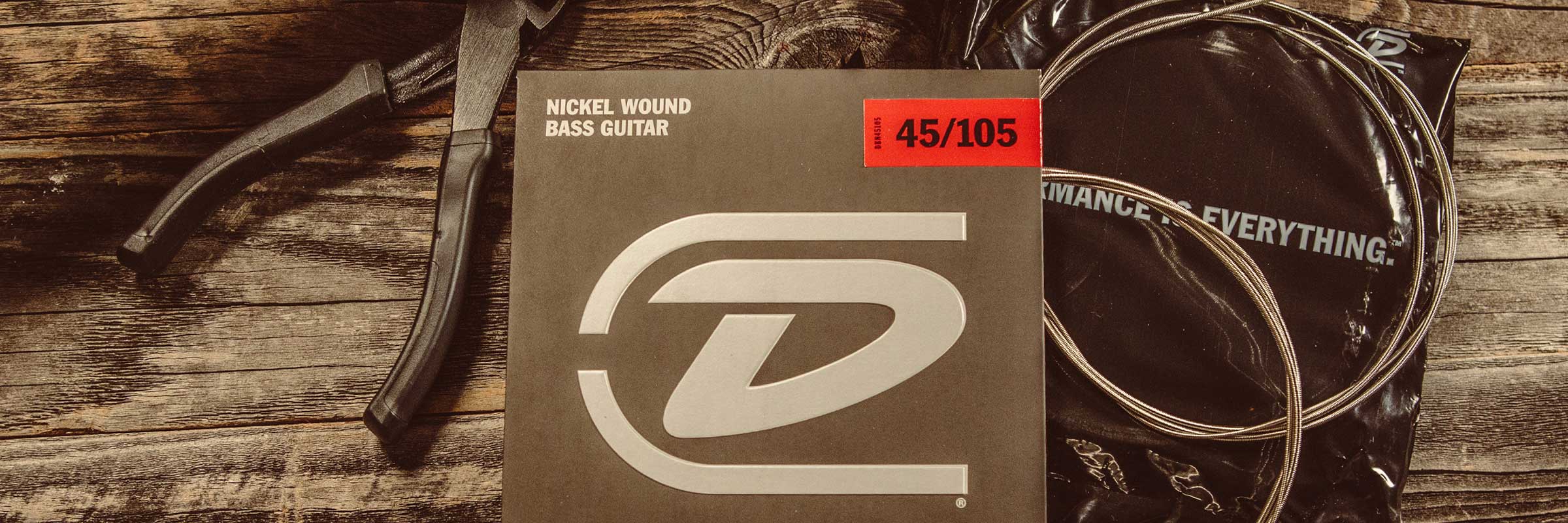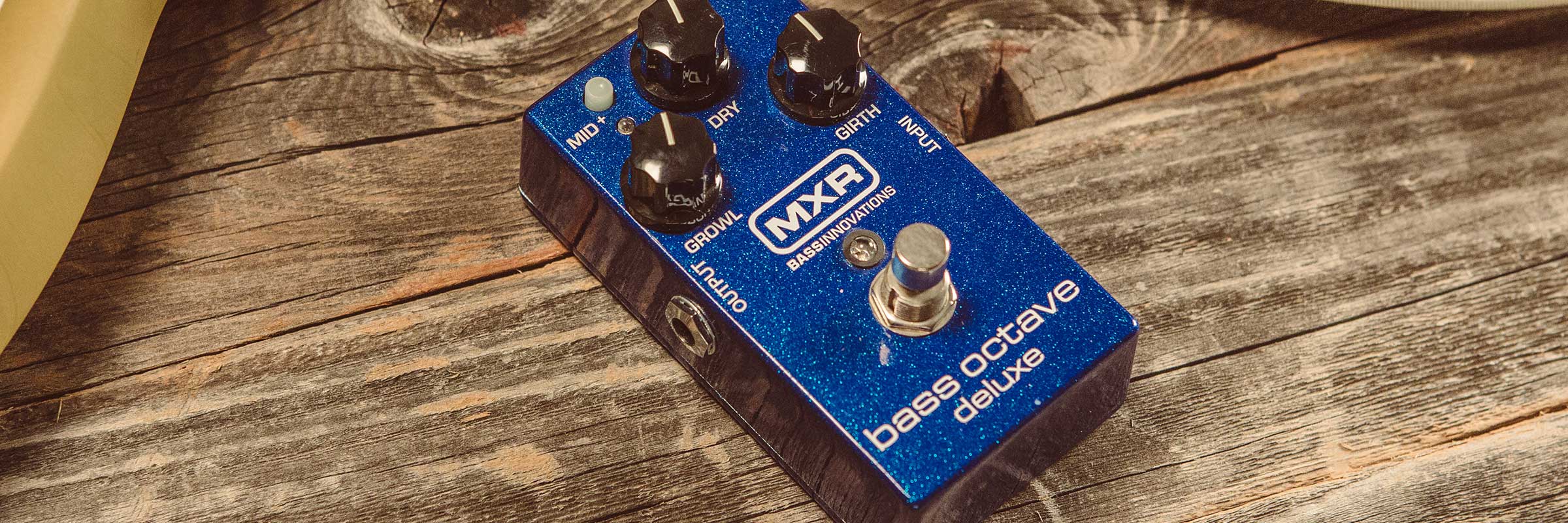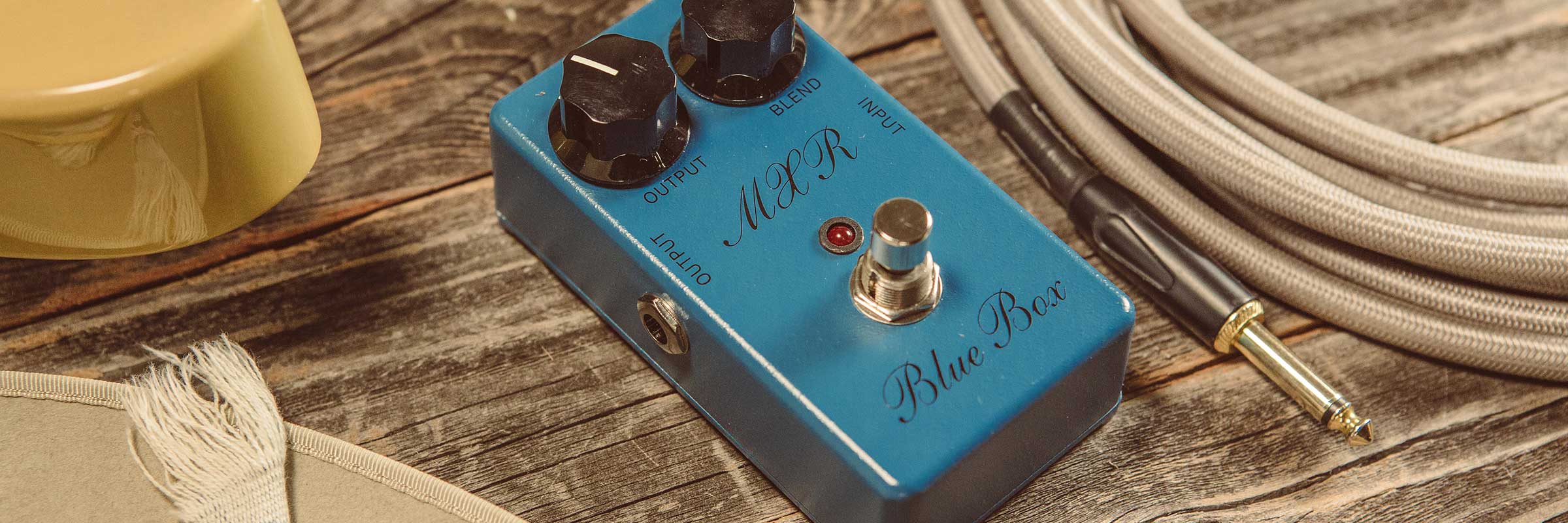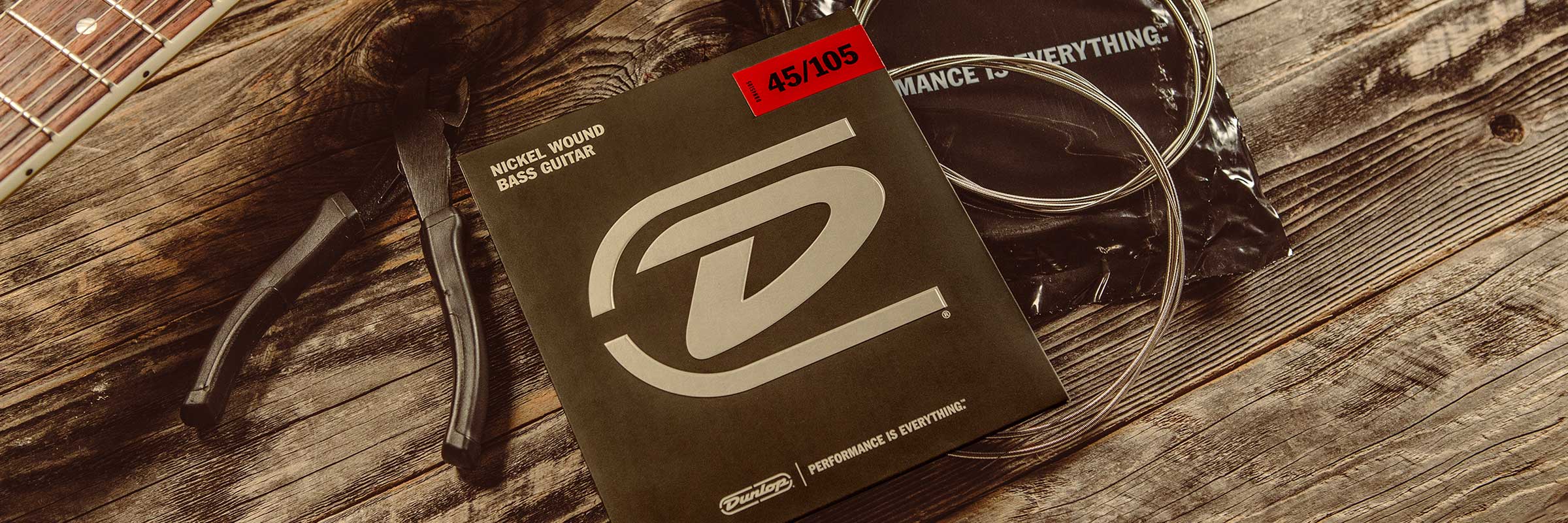Let’s face it: for logistical reasons—or, sometimes, “creative” reasons (you know who you are, guitar players)—you don’t always have access to a dedicated bass player. You could just get yourself a bass and play that, but then you’d have to invest in and learn your way around a whole new instrument. Why not just get that groovy low end from a guitar you already know and love?
Here’s how.








